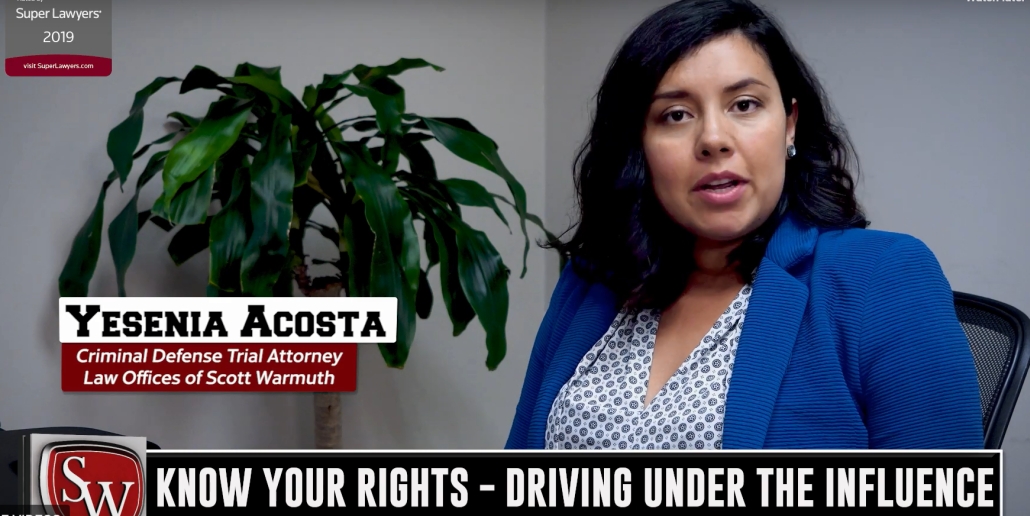[vc_row][vc_column][vc_column_text]Concussions are a form of traumatic brain injury (TBI) that occur as the result of the brain coming into contact with the skull. They can be caused by blunt force trauma or rapid movement of the head. Concussion is a common, but serious injury with symptoms that can appear slowly, sometimes only becoming apparent hours or days after the initial trauma. If you suspect you've suffered a concussion as the result of a car crash, work accident, or negligent slip and fall, contact an injury attorney and seek immediate medical attention. You do not have to lose consciousness to suffer a concussion.
Only a medical professional can definitively diagnose a concussion. If you've struck your head in an accident and exhibit any of the following symptoms, you should speak with a doctor. These symptoms can appear immediately, or up to several days later.
- Loss of consciousness for any amount of time
- Headache or a feeling of consistent pressure in the head
- Inability to concentrate or remember things, including the traumatic event
- Blurry vision
- Delays in answering questions
- Mood swings and/or depression
- Sensitivity to light and/or noise
- Dizziness and/or poor balance
- Nausea and/or vomiting
- Drowsiness and/or fatigue
- Inability to sleep
- Plenty of rest
- Staying hydrated and eating healthy
- Avoiding physical activities, including sports or any strenuous exercise
- Reducing exposure to bright lights, including the sun or harsh fluorescent lighting
- Reducing exposure to loud sounds, such as movie theaters and concert venues
- Avoiding activities that require focus, such as work, reading, or video games














